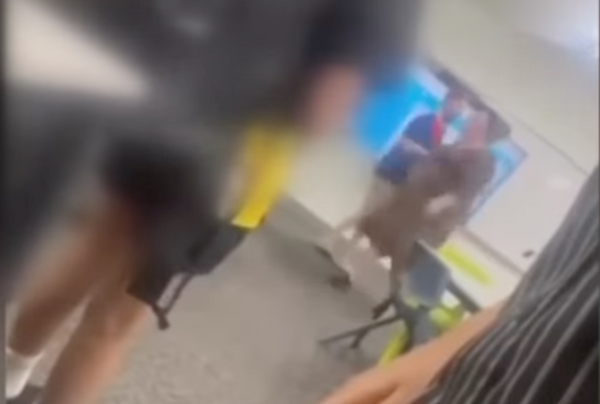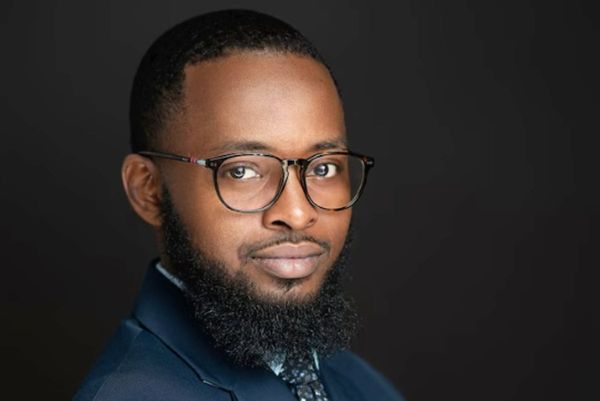
Advocates for the Voice to Parliament and the adoption of the Uluru Statement to the Heart know how hard it is to get Australians to vote for constitutional change. But Dean Parkin, a director of From The Heart, is embracing the challenge.
Parkin, who is from the Quandamooka peoples of Minjerribah, is under no illusions about the task that lies ahead for advocates for a constitutionally recognised Voice to Parliament, given the last successful attempt to change the constitution was in 1977.
Part of the task at hand is fronting and tackling the issues in panel discussions and debates in what would sometimes be perceived as hostile territory. Parkin and Dr Shireen Morris, a fellow pro-Voice panellist and constitutional expert, were a part of a recent debate hosted by Sky News on the Voice that also featured prominent opponents of the proposal, Indigenous Senator Jacinta Price and commentator Andrew Bolt.
Contested debates might appear more regularly in Parkin’s diary as Australia heads closer towards a referendum on the issue, but they are not in his view representative of the mood he has felt in the community.
“I will say that type of debate is not typical of the conversations we have been having over the past five years or more,” Parkin said.
“Generally speaking, there is a lot more intuitive openness. There is curiosity. Yes, there are some people that have concerns largely because they haven’t been engaged previously, they don’t know a lot about what this is about, and they are seeking a little bit more clarity and a little bit more information.”
Parkin said that people are sympathetic to the idea when it is explained to them that this is about recognising Aboriginal and Torres Strait Islanders as the original inhabitants of the country.
“People intuitively understand that things can be better in Aboriginal and Torres Strait Islander communities than they currently are,” he said.
“They are coming at this from a position of [wanting] to be part of a movement that contributes to a practical impact on the lives of Aboriginal and Torres Strait Islander people and be involved in this great big moment of symbolism for the country of recognising Indigenous people after 240 to 250 years of the modern Australian nation.”
There are disagreements from within Indigenous communities themselves on whether the Voice to Parliament is the best way to deal with the challenges they face, with prominent critics such as Price, Warren Mundine and Anthony Dillon making their concerns known at conferences and the media.
How does Parkin cope with opposition to the idea of the Voice?
“The starting point is understanding that our community is just like any other community,” Parkin said.
“We have to get away from this idea that difference of opinion among Indigenous people immediately represents division and conflict. That’s what happens far too often.”
He said there is a need to create a space where respectful conversations can take place on issues and concerns raised by people regarding the Voice to Parliament.
“We cannot be talking about things as big as Voice to Parliament, as big as Indigenous constitutional recognition and referendums and so forth, and expect there is no difference of opinion,” Parkin said.
“That difference of opinion is actually healthy. I see it as a sign of healthy debate and a sign that this is being treated as the serious issue that it is.”







